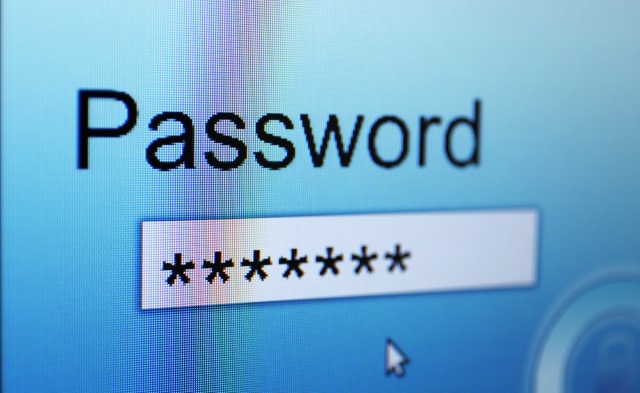Planning to visit the US soon? You might be asked to hand over your internet passwords

Donald Trump’s controversial travel ban might have been overturned for now, but the new administration intends to do what it can to tighten entry into the United States.
One of the plans being considered as part of Trump’s "extreme vetting" policy is to ask visitors what websites they visit, and request their passwords. Should anyone refuse to hand over this information they will be prevented from entering the US.
According to NBC News, during a congressional hearing, Homeland Security Secretary John Kelly talked about plans for additional and enhanced screening: "When someone says, 'I’m from this town and this was my occupation,' [officials] essentially have to take the word of the individual," he said. "I frankly don’t think that’s enough, certainly President Trump doesn’t think that’s enough. So, we’ve got to maybe add some additional layers."
Those layers could well consist of finding out more about a visitor’s social networking and internet use.
"It’s very hard to truly vet these people in these countries, the seven countries, because they don’t have the internal infrastructure" Kelly said. "But if they come in, we want to say, what websites do they visit, and give us your passwords. So, we can see what they do on the internet."
If visitors refuse, they could be barred from entering the US, but even if they do comply it still might take "a week" or a "month" to be vetted, according to Kelly.
At the moment, the plan would only apply to visitors from the seven countries targeted by Trump’s divisive "travel pause" -- Syria, Iraq, Iran, Somalia, Sudan, Libya and Yemen -- but it could easily be expanded to cover travelers from other countries.
Homeland also expressed an interest in viewing the financial records of visitors.
"We can follow the money, so to speak. How are you living, who’s sending you money?" Kelly said. "It applies under certain circumstances, to individuals who may be involved in on the payroll of terrorist organizations."
At the moment, these are just some of the suggestions being considered, but there's a good possibility of them being implemented in the future.
If you’re interested in what else Kelly had to say, you can watch him testifying at the US border security hearing in the video below.
Photo credit: Africa Studio / Shutterstock
